Engineering Management
Master of Science in Engineering with a Concentration in Engineering Management
Take the lead and coordinate the success of cross-disciplinary teams with a concentration in engineering management, part of the master’s program at the VCU College of Engineering. Modeled after the success of our mechanical and nuclear engineering program, its 90 percent graduation rate is a direct result of the College of Engineering’s dedicated faculty and staff. You will have access to the same resources to support you through every step of your master’s program.
We accommodate to your schedule as a working professional, making the concentration in engineering management perfect for those seeking career advancement or professional development.
The VCU College of Engineering is among the best graduate programs in the nation as ranked by U.S. News and World Report. Combined with our industry connections and access to Richmond-area businesses, VCU Engineering is a solid choice for your continuing education.
Moreover, the hybrid program offers flexible course offerings, enabling remote and distant learning options. This flexibility particularly benefits working professionals seeking career advancement or professional development without compromising their job responsibilities.
What You’ll Learn
Our 30-credit program can be completed in one year by full-time students. Apply your engineering, science and mathematical knowledge to formulate solutions to new and existing problems while communicating your findings to colleagues, industry and community stakeholders. You will develop expertise in areas like:
- Contracts
- Economic Considerations
- Effective Negotiations
- Engineering Data Analysis
- Engineering Project Management
- Law and Engineering
- Management of Engineering Systems
- Products
Program Flexibility
Our Engineering Management curriculum is designed to be flexible for engineers from diverse backgrounds. By minimizing the required courses, students can choose various engineering graduate courses from any department that interests them. The program is intentionally within the whole college and not housed in a specific engineering department to accommodate maximum flexibility.
Besides the few courses necessary to develop competency in Engineering Management, VCU’s flexible graduate program has no additional disciplinary requirements. Students can arrange their M.S. study plan with an advisor tailored to their professional needs and background expertise. The course selection could also include a few courses from VCU’s School of Business, enhancing their pure business acumen. This flexibility not only accommodates a career-changing management skill but also adds the opportunity to brush up on past or new areas of interest for engineers who aspire to excel and advance in their professions.
The following VCU College of Engineering online master's degree programs are top ranked by U.S. News & World Report.
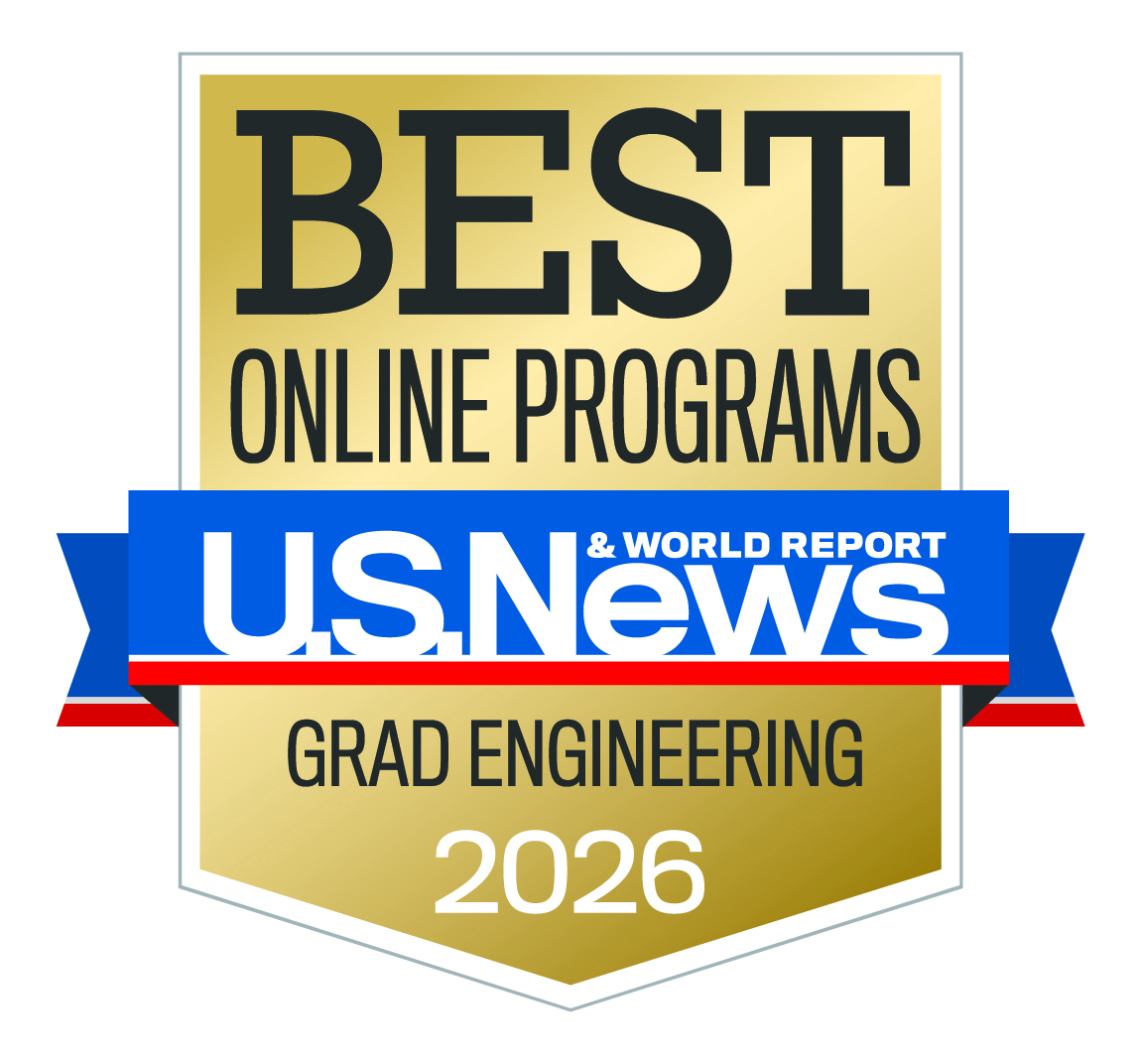
Learn from World-Renowned Faculty
The Engineering Management Faculty at VCU College of Engineering is renowned for its exceptional capabilities and dedication to student success. With a 90% graduation rate, the faculty's commitment is evident in the support and resources they provide students throughout their master's program. The faculty's expertise spans various critical areas, including contracts, economic considerations, effective negotiations, project management, systems management, law and engineering, and finance for engineers, among other specialties. This diverse knowledge base ensures students are well-prepared to tackle complex engineering challenges and excel in their careers. Additionally, the faculty's strong industry connections and access to Richmond-area, Northern Virginia, Norfolk, and international businesses further enhance the learning experience, making VCU Engineering a top choice for continuing education in Engineering Management for engineers who want to advance their careers.
Furthermore, our expert Professional Faculty members, who have combined practical management and engineering experience, particularly distinguish our program. These professional faculty members bring unique expertise to the classroom, going beyond traditional academic settings to provide students with real-world insights and practical knowledge.
Thaer Almasri
Professional Faculty
Senior Operations Manager, Foxconn
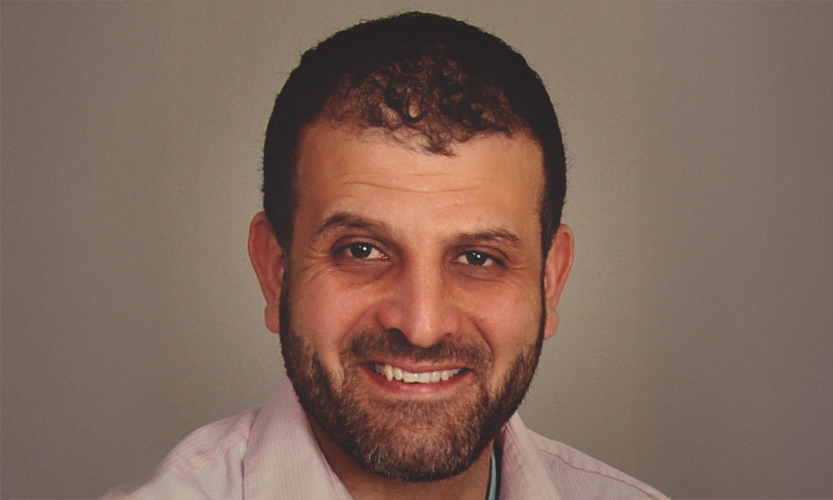

Manika Avasthi
Senior Professional Development Faculty


Nastassja A. Lewinski, Ph.D.
Associate Professor and Graduate Program Director, Chemical and Life Science Engineering


Brandon Price, Ph.D.
Professional Faculty
Advisor to Entrepreneurial Start-Ups
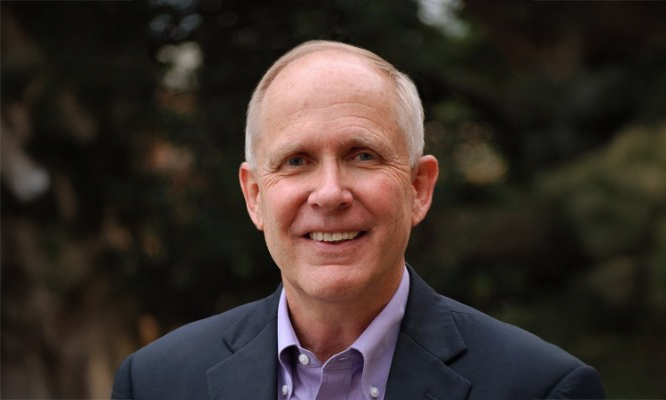

Brian Pristera
Professional Faculty
Attorney, MC Military Law
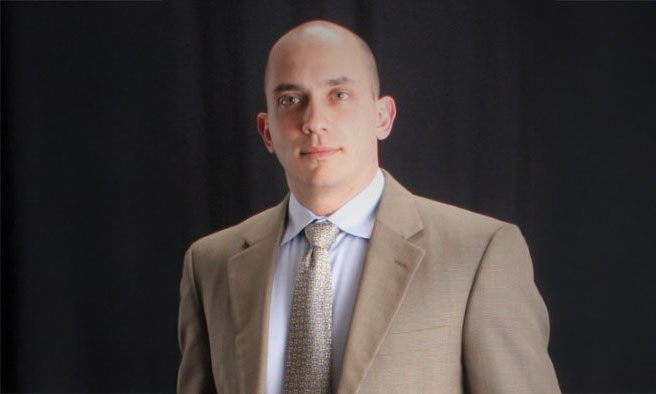

R. Leonard Vance, Ph.D., J.D., PE, CIH
Adjunct Associate Professor
Mechanical and Nuclear Engineering
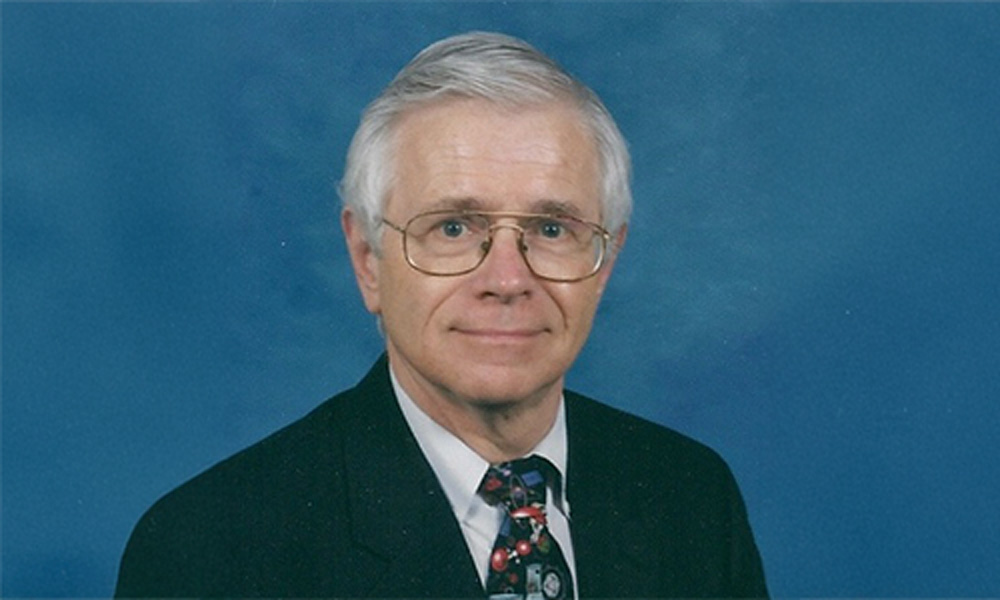

The VCU College of Engineering etched into the landscape of Richmond, giving students access to a culturally vibrant and diverse city full of potential. We focus on developing close partnerships with public institutions and private businesses in order to give you unique learning and job opportunities.
Master’s program students also have access to benefits like:
- Learn when and where you want with a choice of in-person and/or online classes designed to work with your schedule in mind
- Designed by engineers for engineers, with focused coursework to advance your engineering management career
- Support for student success with hands-on faculty advisement, resulting in a 90 percent graduation rate for VCU Engineering students
- Design your own path to education with flexible electives and focus on engineering management topics you are passionate about
- Learn from industry professionals with classes taught by practicing engineers
- Dedicated Career Services department that provides internship and employment opportunities
- Industry connections through college partnerships with public and private industry
- Interdisciplinary education to teach collaboration with engineering practitioners outside your field of study
Reference the VCU Bulletin for a full list of classes. Master’s program courses are 500 level and above (for example, EGMN 605). Below are a few signature courses from the program:
- Law and Engineering (EGMN 507): This upper-level course (senior or graduate students) delves into legal concepts relevant to engineers. Gain insight into how technical regulations are established and how stakeholders influence them. Additionally, the course introduces intellectual property law, covering patents, copyrights, and trademarks. This understanding will equip you to better navigate the legal environment within engineering.
- Engineering Project Management (ENGR 601): Understand the fundamental tools and techniques of managing engineering projects and processes with a focus on creating value for stakeholders. You will learn the eight project performance domains and gain the skills necessary to develop project objectives, define milestones and deliverables, create project plans, and manage project resources. Through course projects, you will hone communication, teamwork and decision-making skills while also learning how to manage project risks and resolve conflicts that may arise during projects.
- Engineering Contracts (ENGR 602): Learn the fundamental tools for operations at the intersection of technology and legal considerations. You will also learn negotiation methods related to contract development and advancement of business objectives.
- Engineering Products and Economic Considerations (ENGR 696): This course equips you with the engineering knowledge crucial for designing next-generation products. You'll explore key stages like: concept design, computer simulations (in silico), and real-world testing (in vitro/in vivo). You'll also gain an understanding of essential tools used for engineering product design; financial considerations when selecting materials and supplies; and steps involved in launching successful engineering products and the resources available. Upon completion, you'll be well-positioned to contribute to the development of innovative and commercially viable products.
What you learn with our concentration in engineering management helps fast-track your advancement to senior-level engineering jobs. The advanced credentials of a graduate degree can provide opportunities for engineering leadership roles in career sectors like:
- Aerospace
- Construction
- Defense
- Energy
- Manufacturing
- Biotechnology
- Semiconductor Processing
- Materials Development
- Petrochemicals
- Pharmaceuticals
- Software Engineering
- Data Science
The M.S. with a concentration in Engineering Management prepares you to manage technical resources and solve problems that require close cooperation between technical and non-technical staff. The skills you'll learn in this program will position you to take a management role at any number of companies.
How to apply
VCU offers an online, self-managed application process. See what’s needed to apply for an engineering graduate program and reference our list of Frequently Asked Questions (FAQ).